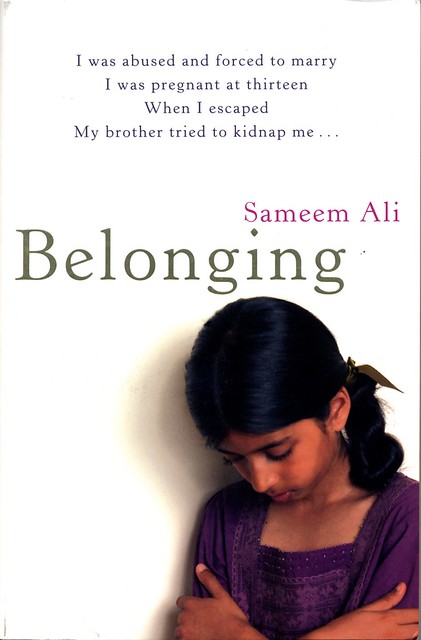| As it happened: Charlie Hebdo attack |
In January 2015, a group of Islamists went on a killing spree on the streets of Paris following the cartoon publication by Charlie Hebdo demonstrating caricatures of Prophet Muhammad. Charlie Hebdo, a weekly satirical magazine that largely criticizes many aspects of human life had angered the Muslims and provoked the extremists to hurt the editors and staffs of Charlie Hebdo. Seventeen people were killed in that incident including twelve staffs from the office of Charlie Hebdo in Paris.
#JeSuisCharlieHebdo had been the hashtag of the month when the incident sparked a wide debate all over the world with politicians, law makers and the public pouring out comments in favour and against Charlie Hebdo. A large part of the public showing support to Charlie Hebdo and the right to express opinions were merely joining in the uproar without understanding the fundamental arguments that are underlying this issue in general.
Earlier this month, Charlie Hebdo magazine was awarded the controversial freedom of expression award by the American PEN and Thoret, Charlie Hebdo's flim critic who received the award did not seem to be happy when people say they are Charlie Hebdo.
“When you say: ‘Everybody is Charlie,’” Thoret said, referring to the “Je Suis Charlie” slogan that consumed social media and became a subject of some debate among those who found its style uncomfortable, “We have two waves of reactions.” At first, he says, of course he agrees. But then, he added, he realises that the slogan itself “doesn’t mean anything”.
It will take months, Thoret said. “We’ll see the way the debate [over freedom of expression] is going” then, he said. It would be horrible, he said, to find himself surrounded by people who all agree with each other. It would remind him, he said, as a film critic, of The Invasion of the Body Snatchers. They were happy for the support but, he added: “We are not naive.”
We all know that the magazine is satirical and when we say satirical, it appears offensive and unpleasant for many. Charlie Hebdo is claimed to be a part of the solutions by promoting equality, liberty and fraternity and the magazine is generally for the French audience. The satirical weekly Charlie Hebdo was the conscious heir to a French intellectual tradition with a long history: radical anticlericalism.
With these facts on mind, will a satirical magazine succeed in bringing about positive impacts on society and is it okay to expect people to accept what it publishes with an open mind?
| The reaction from Charlie Hebdo following the brutal attack in January 2015. |
Charlie Hebdo hurts people. That is a fact we all can't deny. It may have won the award earlier this month but will it be a champion in educating the public on worldly issues and the way we live our lives? As we know, anything good, when is expressed in ways that could hurt others would not be wholly accepted. What more when it involves sensitive issues of religions and cultures?
There will be a reaction to any action enforced by people and the reaction is often projected with the same spirit and emotions. So, can we really blame the Islamists for reacting in such manner when what happened had provoked hatred in the Muslim society? Although it would have been wiser for them to ignore what had offended them, it is not rational to expect people to react the same way as the others. The attack should have been something that the editors must have expected to happen even before they publish the caricature.
So, Charlie Hebdo: Yay or Nay? Yay if the magazine is ready to face the consequences of its actions and the non-constructive criticism.
I welcome your thoughts and views ! :D Thank you for your feedback











